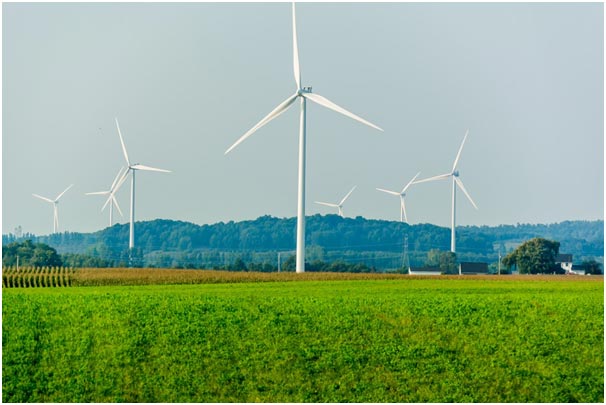Environment Sustainability in Future Needs Green Employment Skills
Climate change and environmental degradation are among the greatest challenges of our times. The signatory states of the 2015 Paris Agreement on climate change recognized the need for urgent action. But a commitment to environmental sustainability by itself is not enough. On the one hand, climate change and environmental degradation reduce productivity and destroy jobs and the effects fall disproportionately on the most vulnerable. On the other hand, the transition to a green economy has the potential – if handled correctly – to create tens of millions of sustainable jobs.
So far 183 countries have committed to the Paris Agreement target (of keeping the rise in global temperatures to less than two degrees Celsius) by submitting national determined contribution (NDCs) documents that detail the adaptation and mitigation measures they plan. However, while two-thirds of these NDC’s recognize the importance of boosting capacity development and public knowledge of climate change, fewer than 40 per cent include any plans for skills training (or retraining) to support their implementation. What’s more, more than one in five have no plans for any training or capacity development measures at all.
This should ring alarm bells. Commitments to greening economic sectors such as energy, agriculture, waste management, manufacturing and transport can’t advance into concrete change if the necessary skills are not available. It is women and men with the right knowledge and skills who will take the decisions, and develop and maintain the technology, green production processes and sustainable investment strategies that are outlined in the NDCs and other policy documents.
Skilling, reskilling and upskilling covers not just technical skills but, core/soft skills (such as environmental awareness, analytical skills, teamwork, innovation, communications, leadership, negotiation abilities, and management and entrepreneurship skills), which can offer a comparative advantage because they can easily be transferred across occupations. Other most wanted skills include sales and marketing, customer handling, repair, digital skills, scheduling and budgeting, to mention just a few examples.
These issues will be discussed at the Global Forum, Boosting Skills for a Just Transition and the Future of Work (6 June), where the Key Findings of a forthcoming report Skills for a greener future (to be published later this year) will be discussed. The report includes information from 32 countries. The aim of the Forum is to highlight the need for concrete action on skills, identify occupational needs, skills gaps, and response strategies related to a sustainable future of work, and discuss possible multi-lateral collaboration that can advance green human capital.
We know this will require massive investment. But it can create millions of new jobs and repurpose many existing ones. Particular attention must be paid to ensuring that women are included in relevant skills training, so that these measures help reduce the gender gap and combat gender stereotypes rather than entrenching them. The number of high-skilled and – especially – middle-skilled jobs have the potential to grow if there is investment in relevant skills training. Workers in construction, manufacturing, agriculture and sales may gain employment if the green transition is supported by skills development. This requires good coordination across different ministries and between public and private sectors. Yet, our review of 32 countries shows that current policies are often piecemeal and lack subsequent action.
By Olga Strietska-Ilina, www.ilo.org



